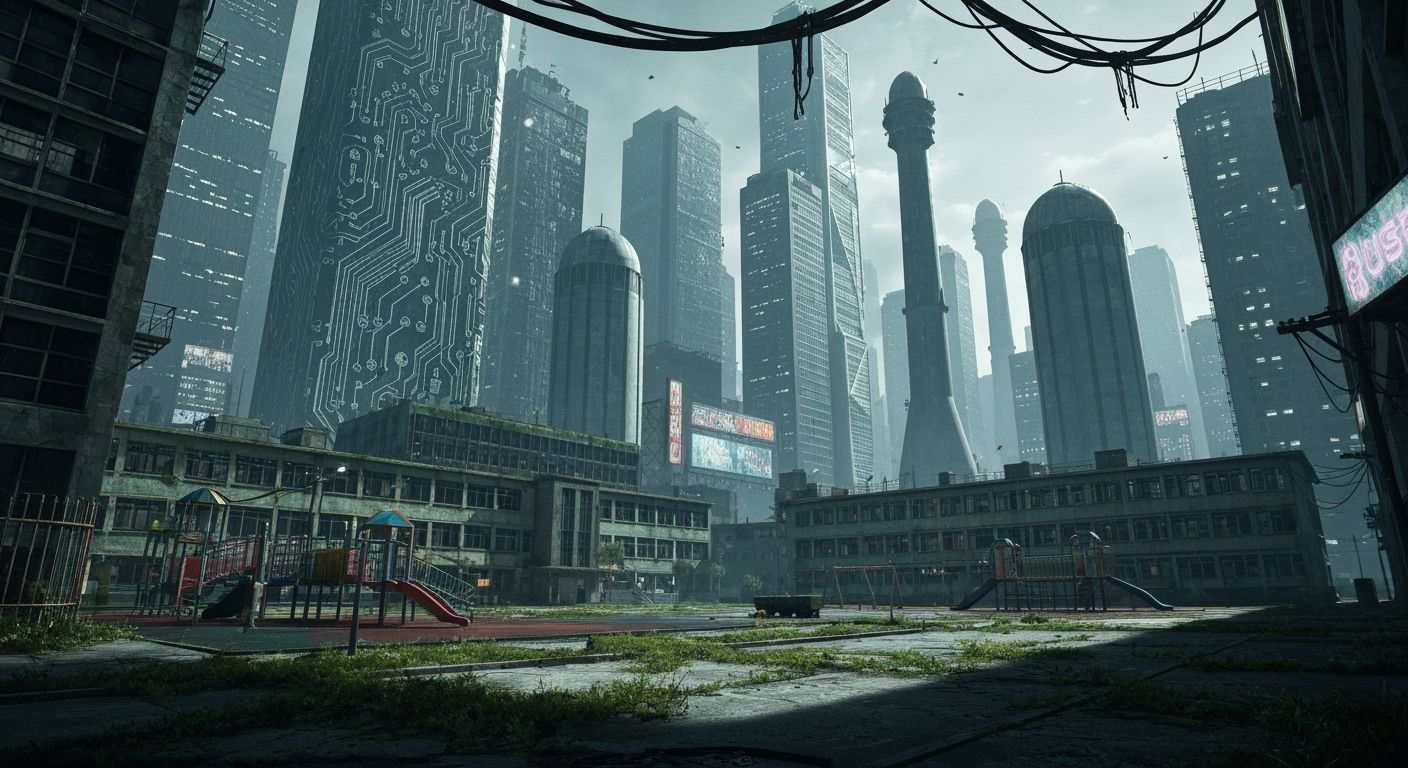
The Indigo observatory
I am inviting you to the Indigo Observatory, a peculiar corner of the internet where current events get filtered through Discworld metaphors, and where watching the status quo maintain itself becomes both entertaining and only slightly depressing. If you are looking for breathless enthusiasm about how technology and politics are definitely getting better, it is not for you. If you want someone to point out that Lord Vetinari’s approach to governance looks suspiciously like modern Western democracies, whilst finding this observation darkly amusing, then grab a cup of tea and settle in. ...


